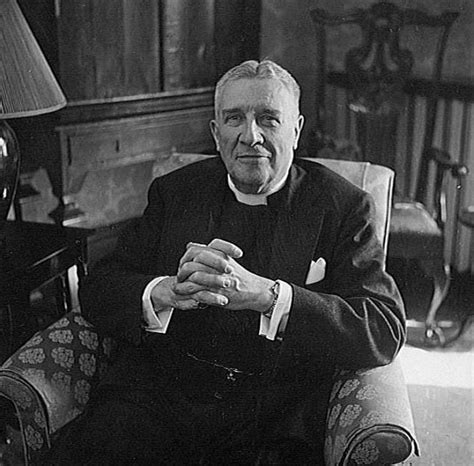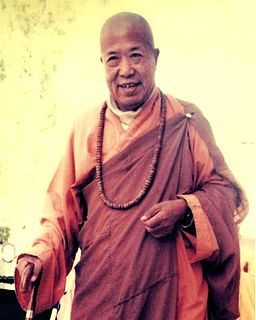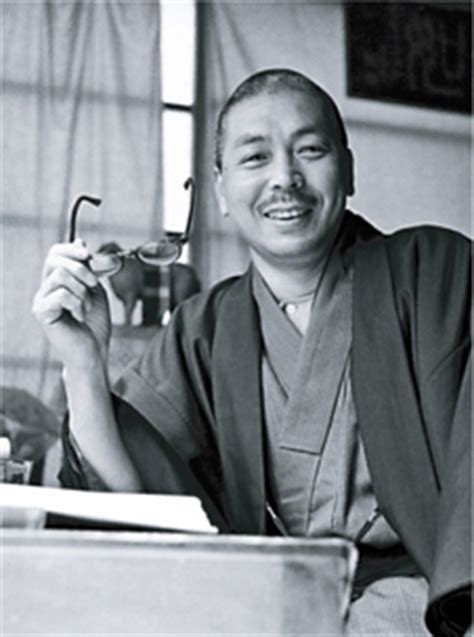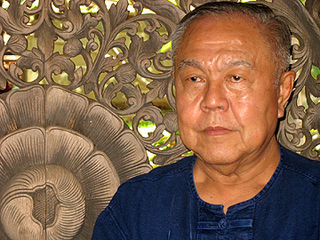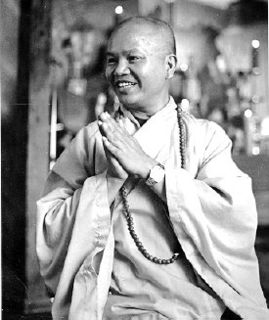Top 1200 Buddhism Happiness Quotes & Sayings
Explore popular Buddhism Happiness quotes.
Last updated on April 14, 2025.
The question has often been asked; Is Buddhism a religion or a philosophy? It does not matter what you call it. Buddhism remains what it is whatever label you may put on it. The label is immaterial. Even the label 'Buddhism' which we give to the teachings of the Buddha is of little importance. The name one gives is inessential.... In the same way Truth needs no label: it is neither Buddhist, Christian, Hindu nor Moslem. It is not the monopoly of anybody. Sectarian labels are a hindrance to the independent understanding of Truth, and they produce harmful prejudices in men's minds.
Failing at something is one thing, but Buddhism tells us that it is up to us how we interpret that failure [Buddhism] a philosophy and way of life that resonates with me I identify with it. I agree with so much of the sentiment behind it. I enjoy the liberating effect it's had on me to get back into the game Buddhism, with its concepts of karma and rebirth, have freed me from the twin fears of death and life without rugby, like life, will also come to an end.
My mother was a spiritualist. We had weekly séances at our house with a neighbor who was a medium and various friends, and so I was brought up with the idea that there are many realms of being all around us. So that prepared me for Buddhism, and especially Tibetan Buddhism with all its talk of different realms and dimensions of being.
I make a distinction between Buddhism with a Capital 'B' and buddhism with a small 'b'. Sri Lanka has the former, in which the state uses Buddhism as an instrument of power, so there are even Buddhists monks who say the Tamils should be eliminated. Thai Buddhists are not perfect either. Some Thai Buddhist monks have compromised with the kind and possess cars and other luxuries. In many Buddhist countries, the emphasis is on being goody-goody, which is not good enough. I am for buddhism with a small 'b' which is non-violent, practical and aims to eliminate the cause of suffering.
Bolshevism is to be reckoned with Mohammedanism rather than with Christianity and Buddhism. Christianity and Buddhism are primarily personal religions, with mystical doctrines and a love of contemplation. Mohammedanism and Bolshevism are practical, social, unspiritual, concerned to win the empire of the world.
Buddhism is not concerned just with private destiny, but with the lives and consciousness of all beingsAny attempt to understand Buddhism apart from its social dimension is fundamentally a mistake. Until Western Buddhists understand this, their embrace of Buddhism will not help very much in the efforts to bring about meaningful and positive social change, or even in their struggle to transform their ego.
I had always been taught that the pursuit of happiness was my natural (even national) birthright. It is the emotional trademark of my culture to seek happiness. Not just any kind of happiness, either, but profound happiness, even soaring happiness. And what could possibly bring a person more soaring happiness than romantic love.
The belief that happiness has to be deserved has led to centuries of pain, guilt, and deception. So firmly have we clung to this single, illusory belief that we've almost forgotten the real truth about happiness. So busy are we trying to deserve happiness that we no longer have much time for ideas such as: Happiness is natural, happiness is a birthright, happiness is free, happiness is a choice, happiness is within, and happiness is being. The moment you believe that happiness has to be deserved, you must toil forevermore.
Finding happiness is like finding yourself. You don't find happiness, you make happiness. You choose happiness. Self-actualization is a process of discovering who you are, who you want to be and paving the way to happiness by doing what brings you the most meaning and contentment to your life over the long run.
To you, Christianity, Judaism, Islam, Buddhism, and Hinduism look very different, but to me they look the same. Many of you would say that something like Buddhism doesn't even belong on the list, since it doesn't link salvation to divine worship, but to me this is just a quibble. Christianity, Judaism, Islam, Buddhism, and Hinduism all perceive human beings as flawed, wounded creatures in need of salvation, and all rely fundamentally on revelations that spell out how salvation is to be attained, either by departing from this life or rising above it.
If science proves some belief of Buddhism wrong, then Buddhism will have to change. In my view, science and Buddhism share a search for the truth and for understanding reality. By learning from science about aspects of reality where its understanding may be more advanced, I believe that Buddhism enriches its own worldview.
The concept (of happiness) is universal. In Buddhism, it is called causeless joy, in Christianity, the kingdom of heaven within, and in Judaism it is called ashrei, an inner sense of holiness and health. Is Islam it is called falah, happiness and well-being, and in Hinduism it is called ananda, or pure bliss.
